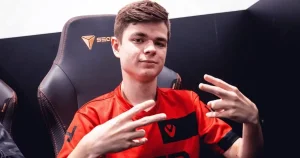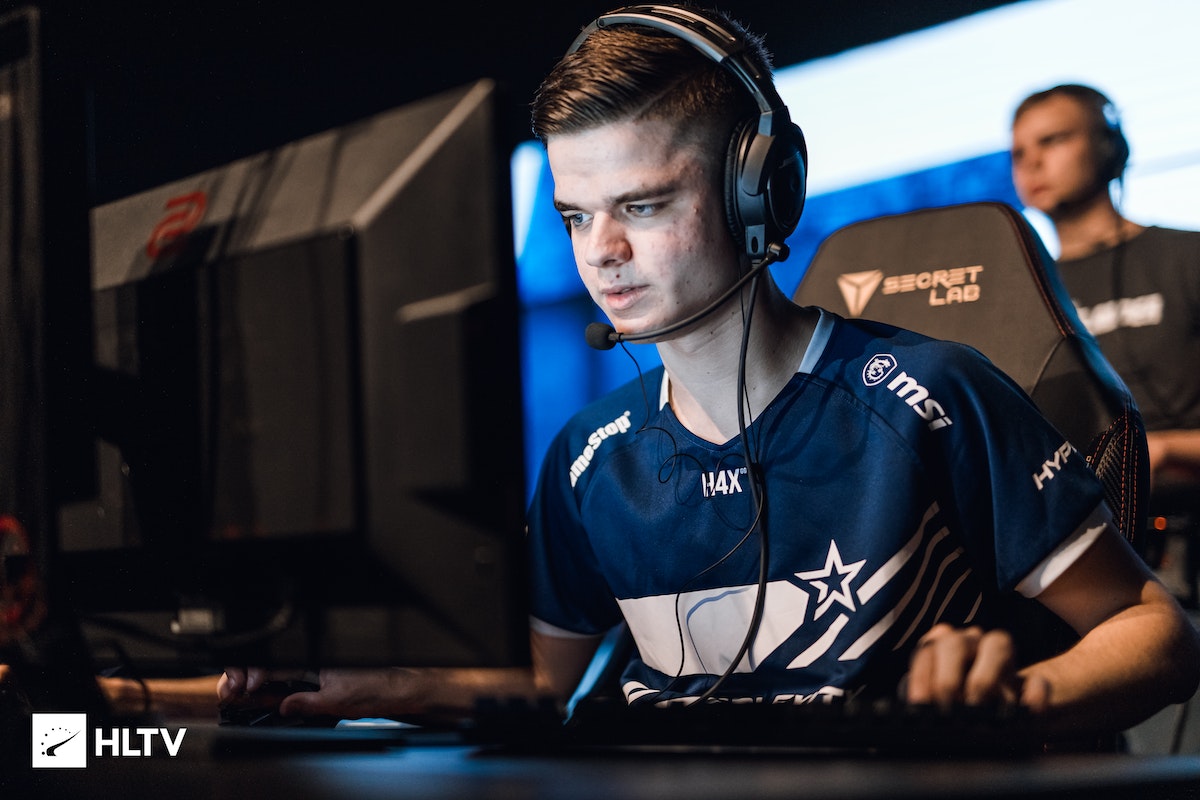Hunter “SicK” Mims, an inactive player from the esteemed Valorant team Sentinels, recently faced a severe mental health crisis. This incident highlights the often-overlooked aspect of mental well-being in the high-pressure world of professional esports.
The Onset of Challenges
SicK, known for his pivotal role in Sentinels’ early victories in Valorant’s North American competitive scene, began exhibiting concerning behavior after a couple of successful seasons. Following two arrests in 2023, Sentinels suspended SicK, later declaring him inactive, to focus on his mental health recovery.

A Cry for Help and Recovery
The esports community was jolted when SicK, after months of isolation, posted a distressing farewell message on January 6. This act of despair led to his urgent hospitalization following a manic episode, as he shared in his social media updates.
His situation deteriorated during a period of self-imposed seclusion, dominated by solitary activities like ordering food and watching YouTube.
SicK’s Apology and Reflection
SicK resurfaced to apologize for the alarm caused and expressed gratitude for being alive. He admitted the toll his isolation had taken on his mental health and acknowledged the need for professional help. His experience serves as a poignant reminder of the mental health challenges that individuals can face, particularly in high-stress environments.
I spent 6 months isolated in my house ordering food all day and watching YouTube. This was my routine never left the house and didn’t speak to anyone. An ideal way to drive yourself insane.
— Hunter Mims (@SicK_cs) January 7, 2024
Sentinels’ Support and the Community’s Role
Sentinels’ CEO, Rob Moor, reaffirmed the organization’s support for SicK and their collaboration with his family for his recovery. He also encouraged the community to maintain a positive and supportive stance towards SicK during this challenging time.
The Struggle of SicK: A Sentinel’s Challenge
SicK’s ordeal is a wake-up call to the esports community about the importance of mental health. It’s crucial to create a supportive environment where players can seek help without stigma. This incident underscores the need for mental health resources and awareness in the competitive gaming industry.

